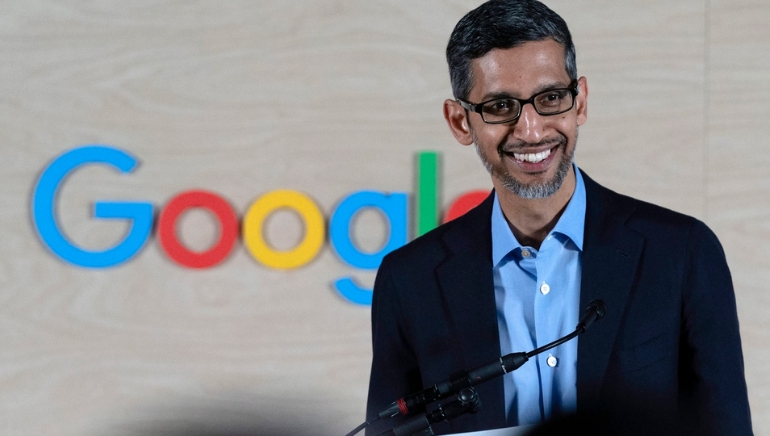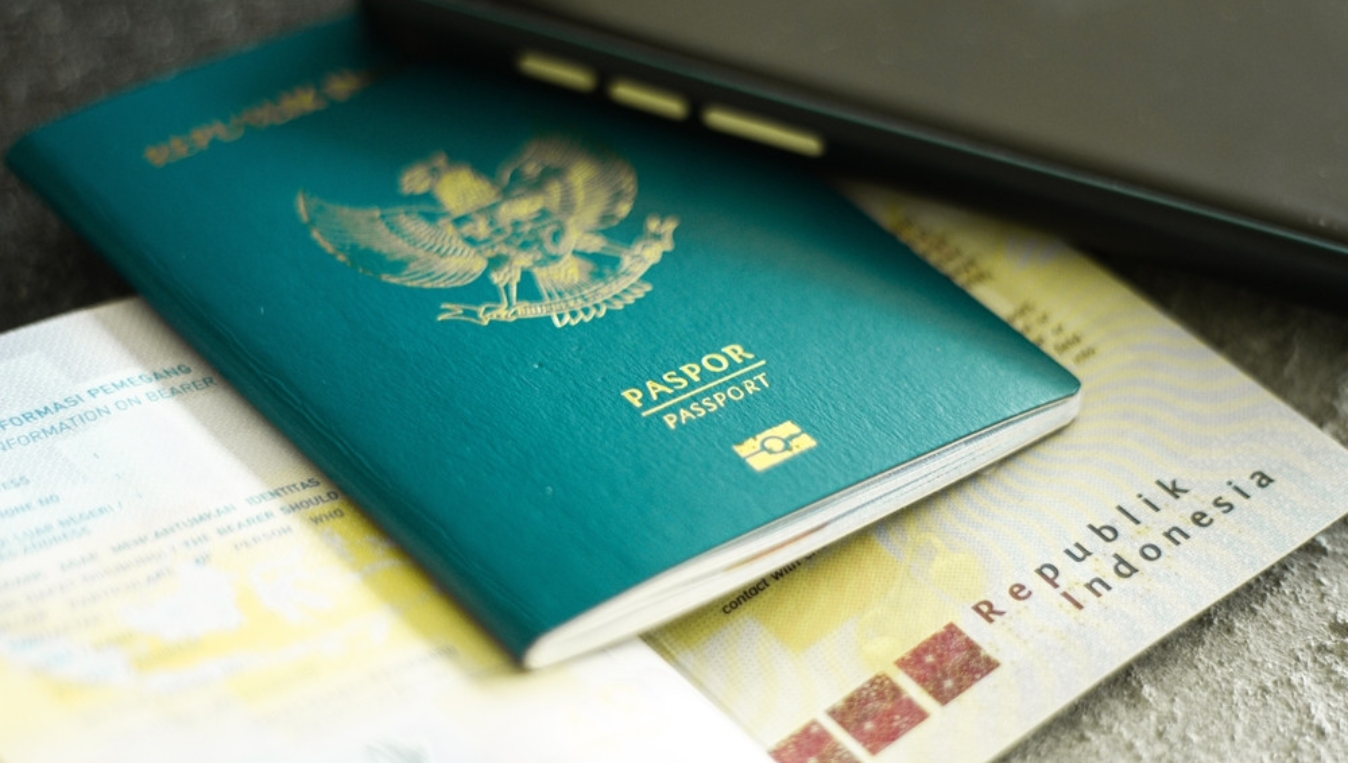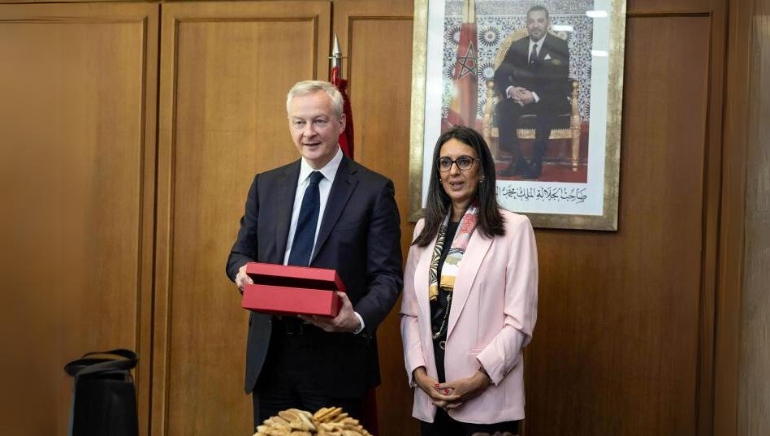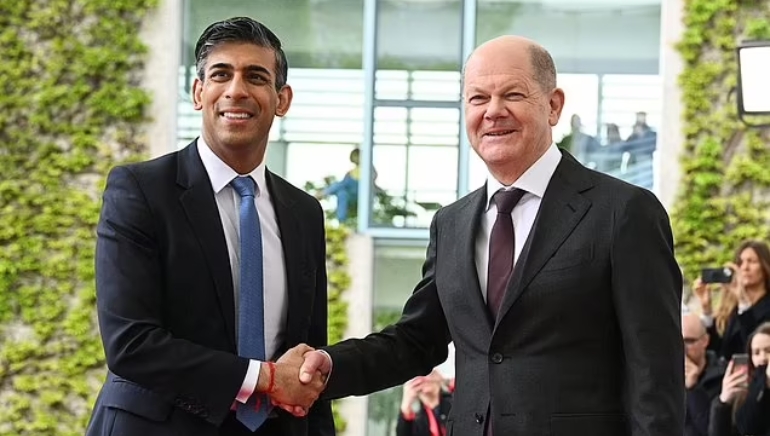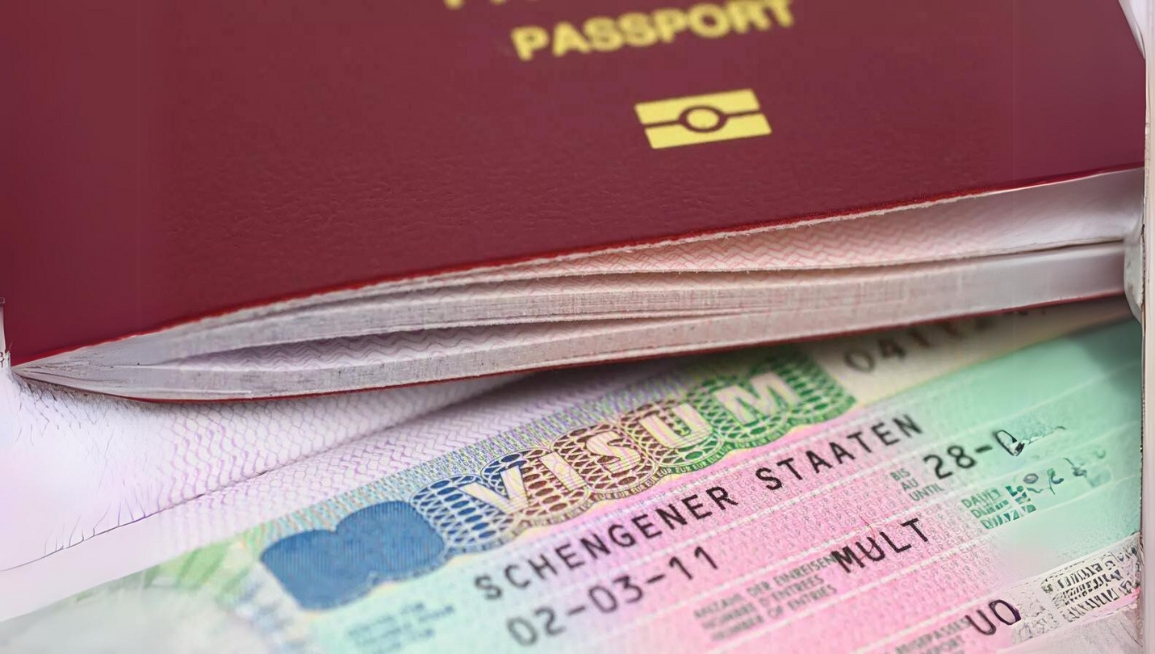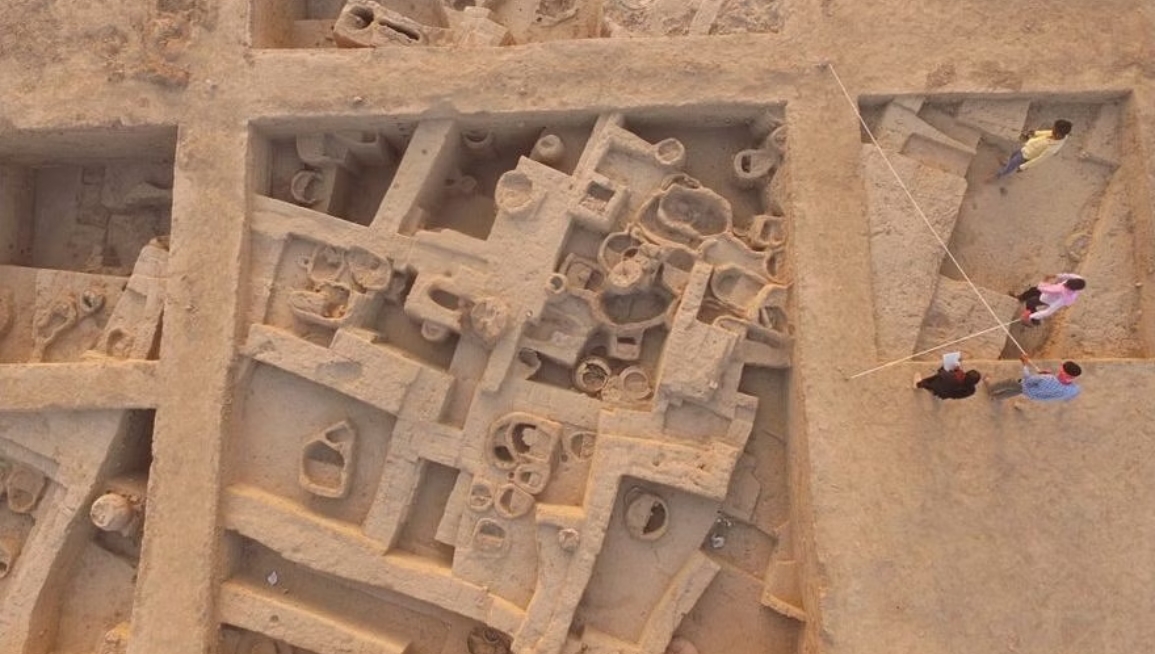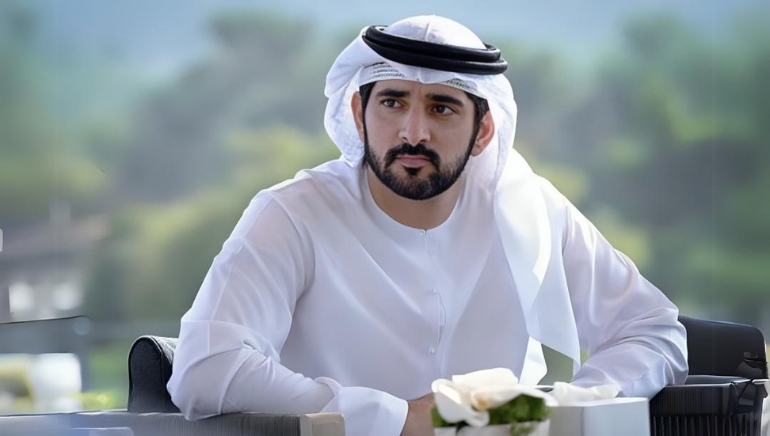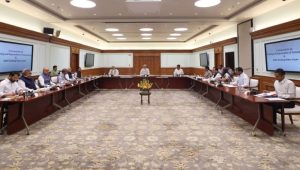Scientists in Singapore have created a reusable adhesive with strong adhesion to rough surfaces that take inspiration from dried snail mucus and gecko feet. Unlike traditional adhesives, it can support up to 60kg with a palm-sized amount, outperforming gecko feet. Remarkably, it detaches easily when heated, unlike strong adhesives that risk surface damage during removal.
This innovation opens doors for climbing robots and robotic grippers, potentially enabling Spider-Man-like scaling or ceiling clinging for surveys and repairs. Developed by a team at Nanyang Technological University (NTU), the adhesive is based on shape-memory polymers, mimicking snail mucus properties. These polymers return to their original shape after external stimuli, like heat.
The adhesive’s versatility overcomes the adhesion paradox on rough surfaces. It strengthens on rough surfaces in a solid state and softens when in a “rubber” state, conforming to surface irregularities. Mimicking gecko feet, it utilises fibrils for enhanced adhesion, with a palm-sized array supporting 60kg.
Moreover, the adhesive’s materials are cost-effective, utilising off-the-shelf E44 epoxy. Praised for its innovative design, it offers impressive adhesion strength and switchability, making it ideal for temporary attachments.






